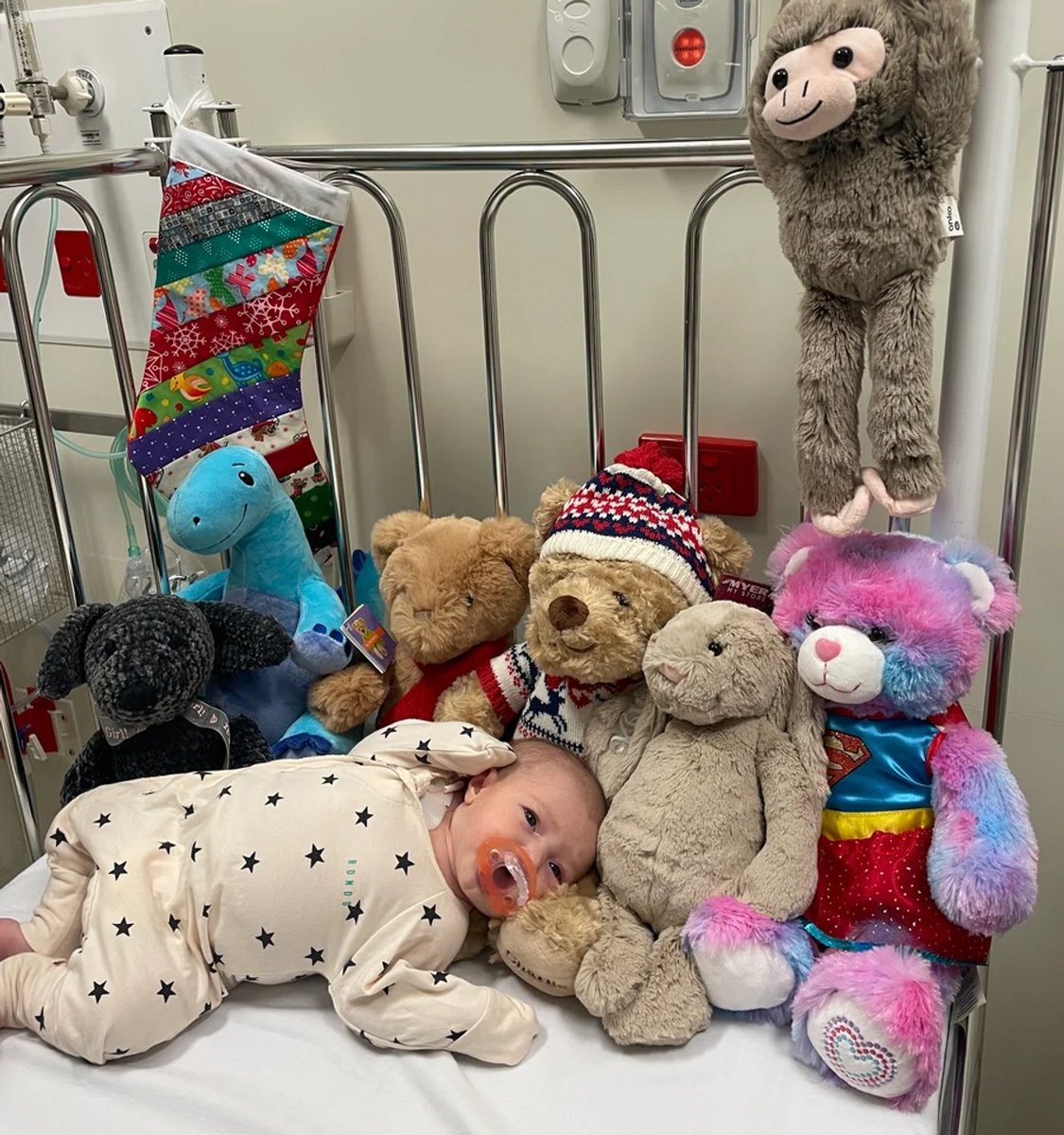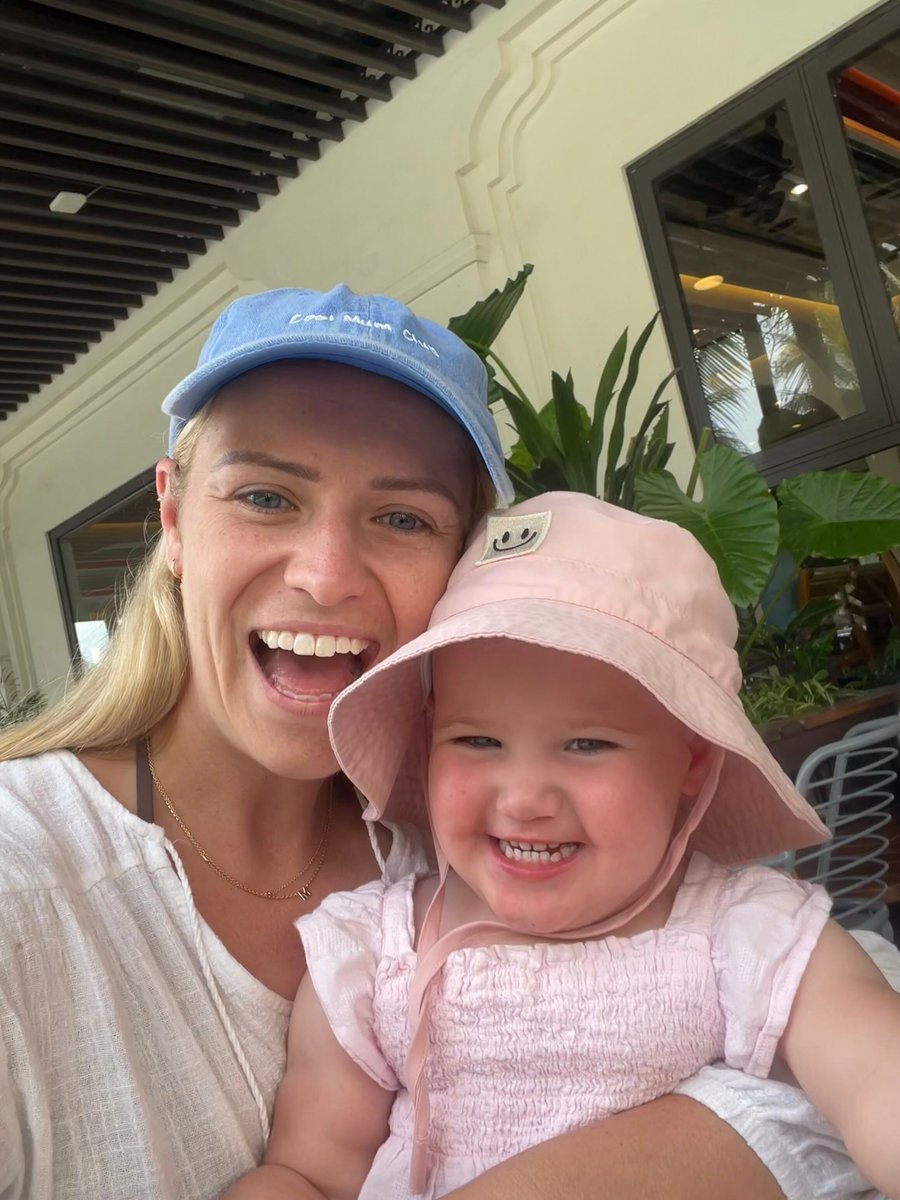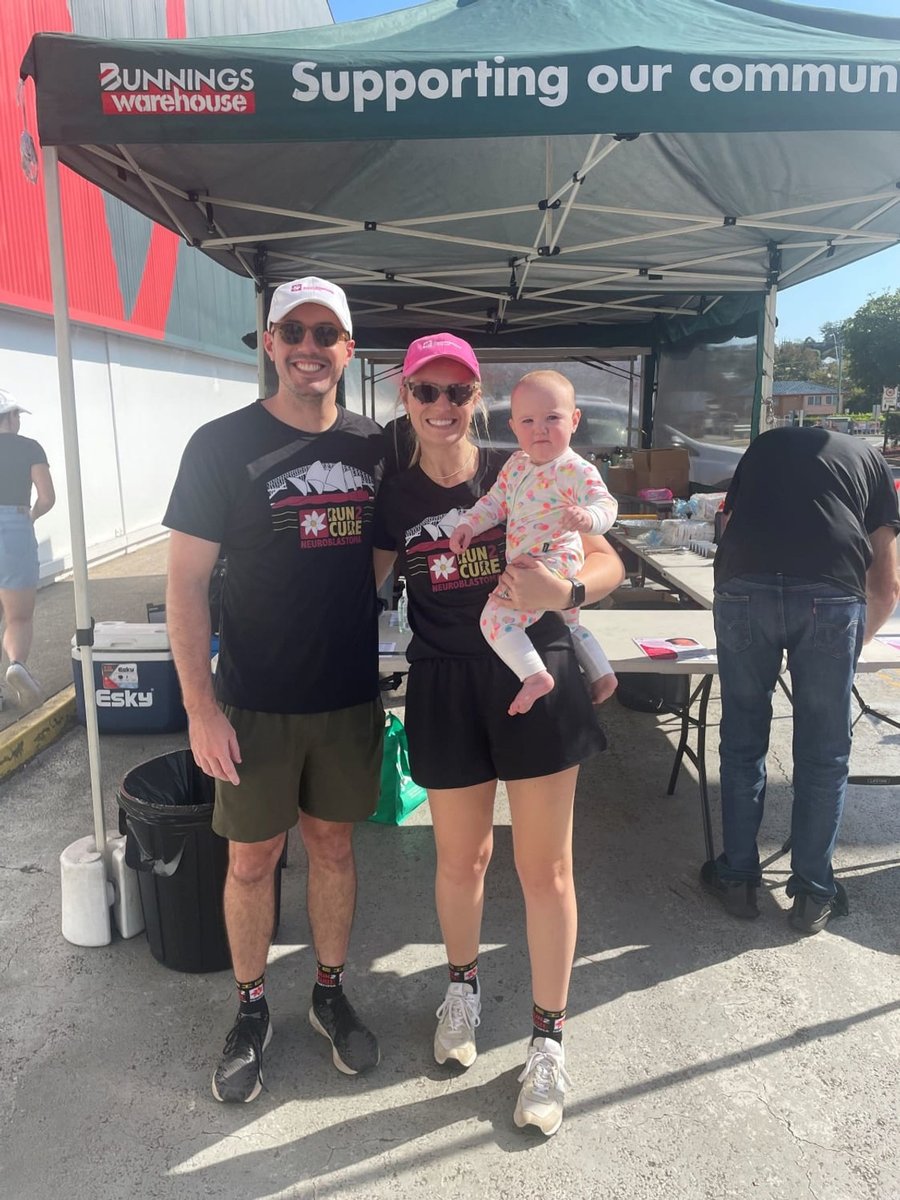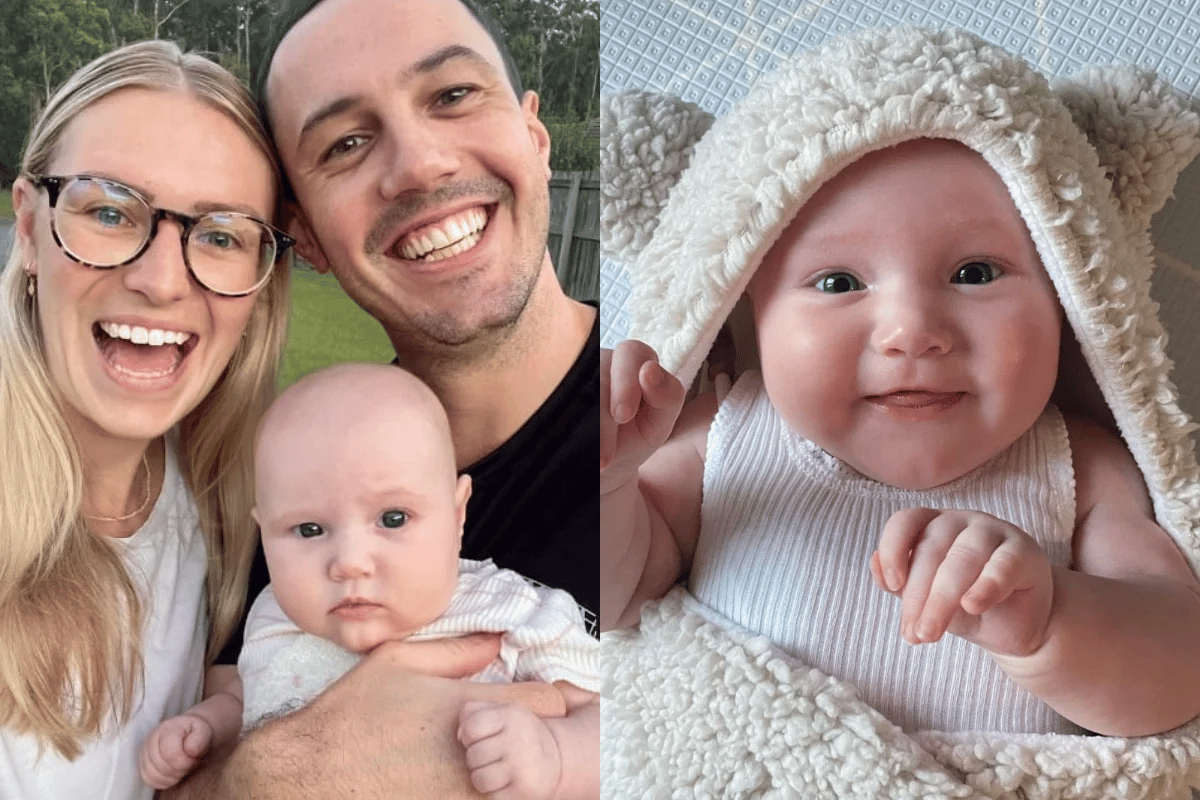
If you want to support independent women's media, become a Mamamia subscriber. Get an all-access pass to everything we make, including exclusive podcasts, articles, videos and our exercise app, MOVE.
Ally Green always dreamed of being a mum. When her "bright" and "vibrant" little girl Mackenzie was born, she was over the moon.
But two-and-a-half weeks into her motherhood dream, Ally, a mid-wife, noticed something "wasn't right" with her baby girl.
Mackenzie's stomach was "abnormally" large and distended.
"She was a small baby, so it was quite obvious when her stomach was quite large," Ally told Mamamia. "That was our one and only sign at the time."
Ally and her husband Jacob rushed Mackenzie to a community nurse, who dismissed their concerns.
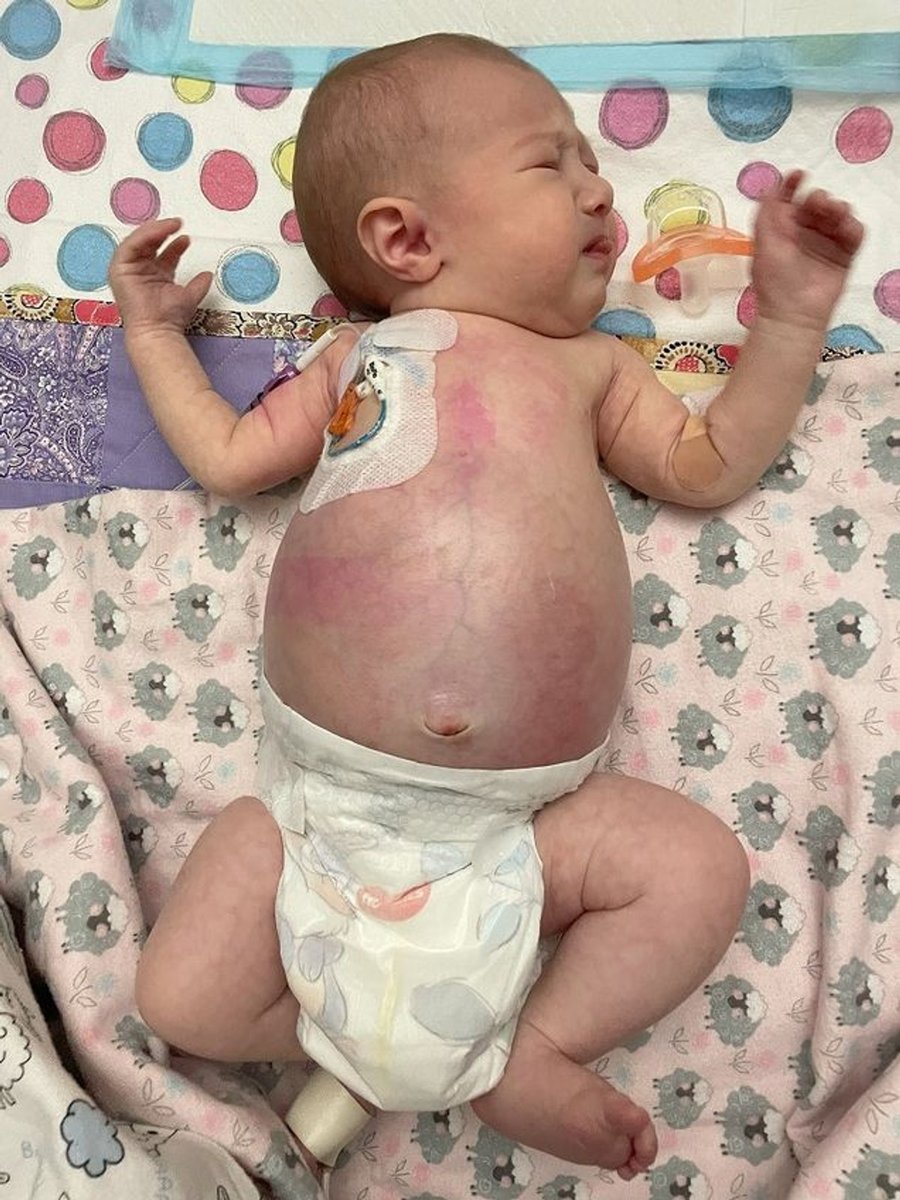 Mackenzie was two-and-a-half weeks old when Ally and Jacob noticed something was wrong. Image: Supplied.
Mackenzie was two-and-a-half weeks old when Ally and Jacob noticed something was wrong. Image: Supplied.

